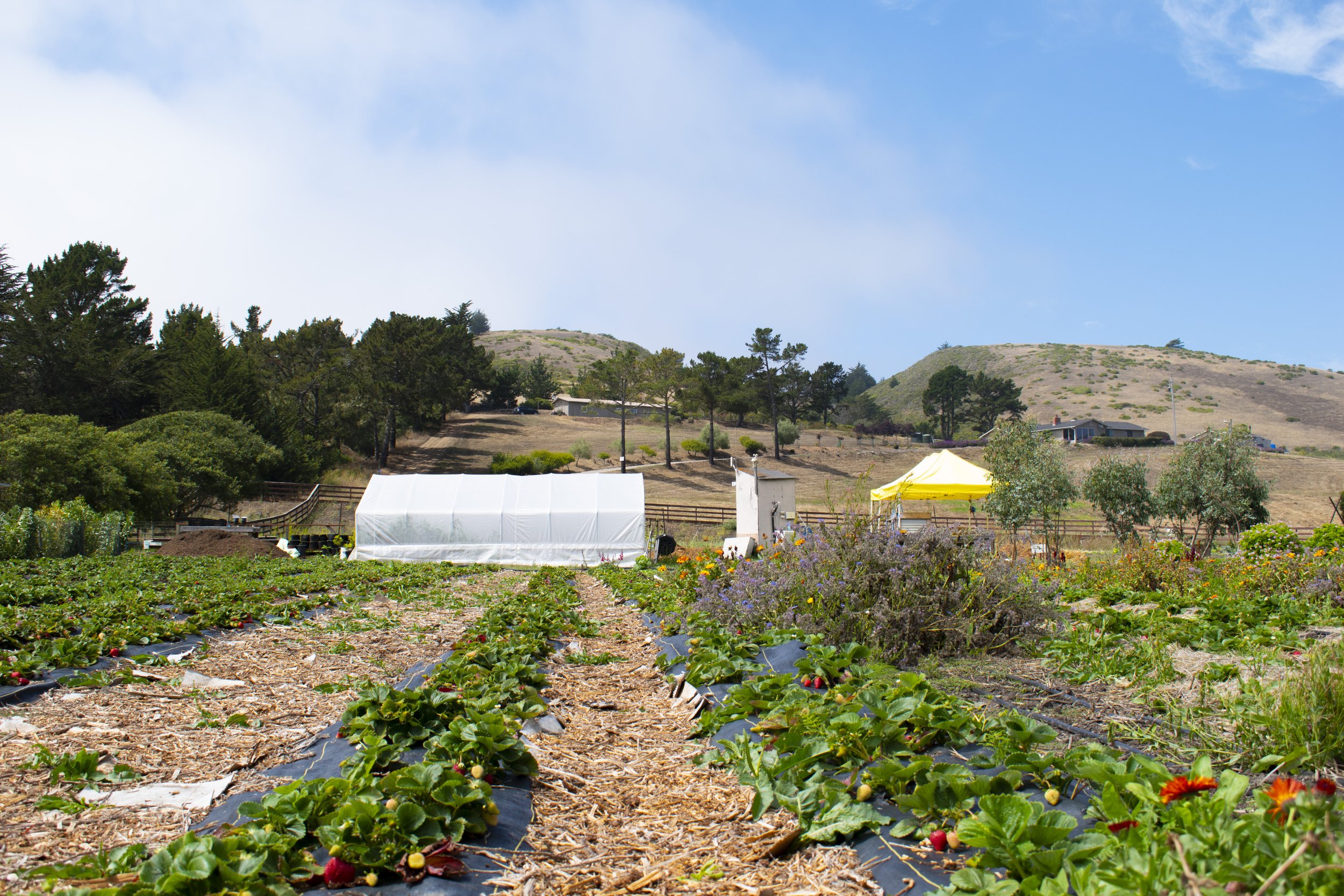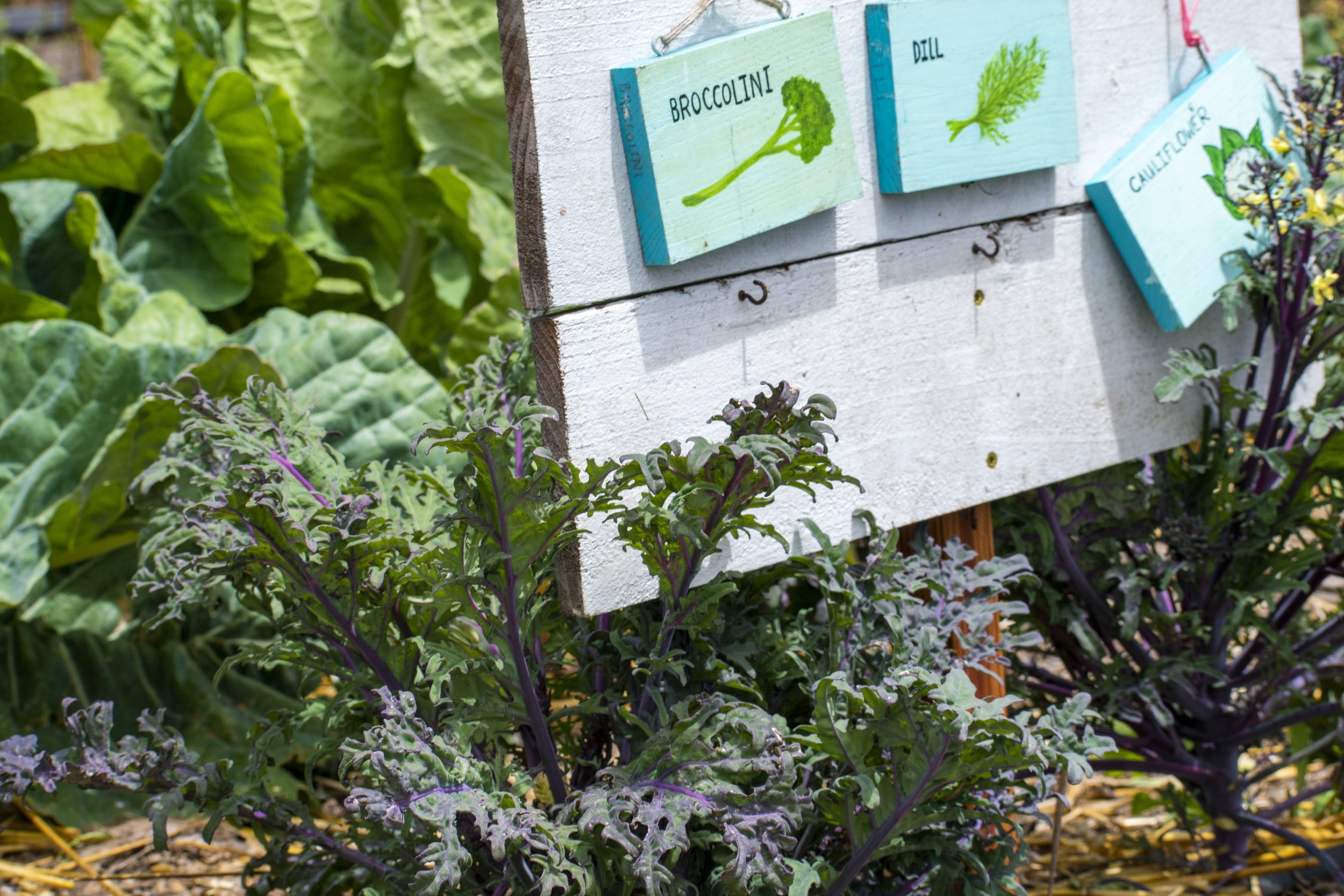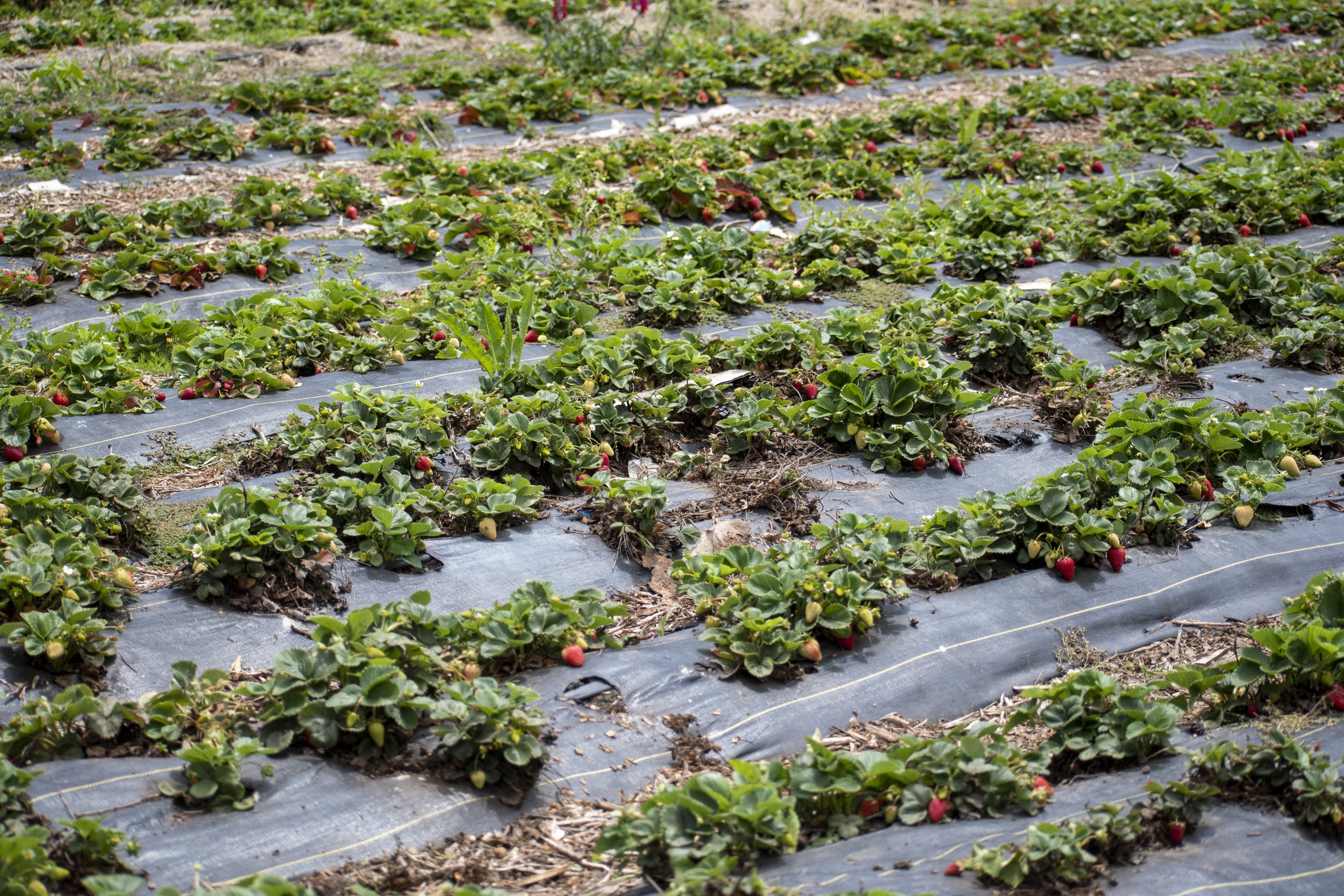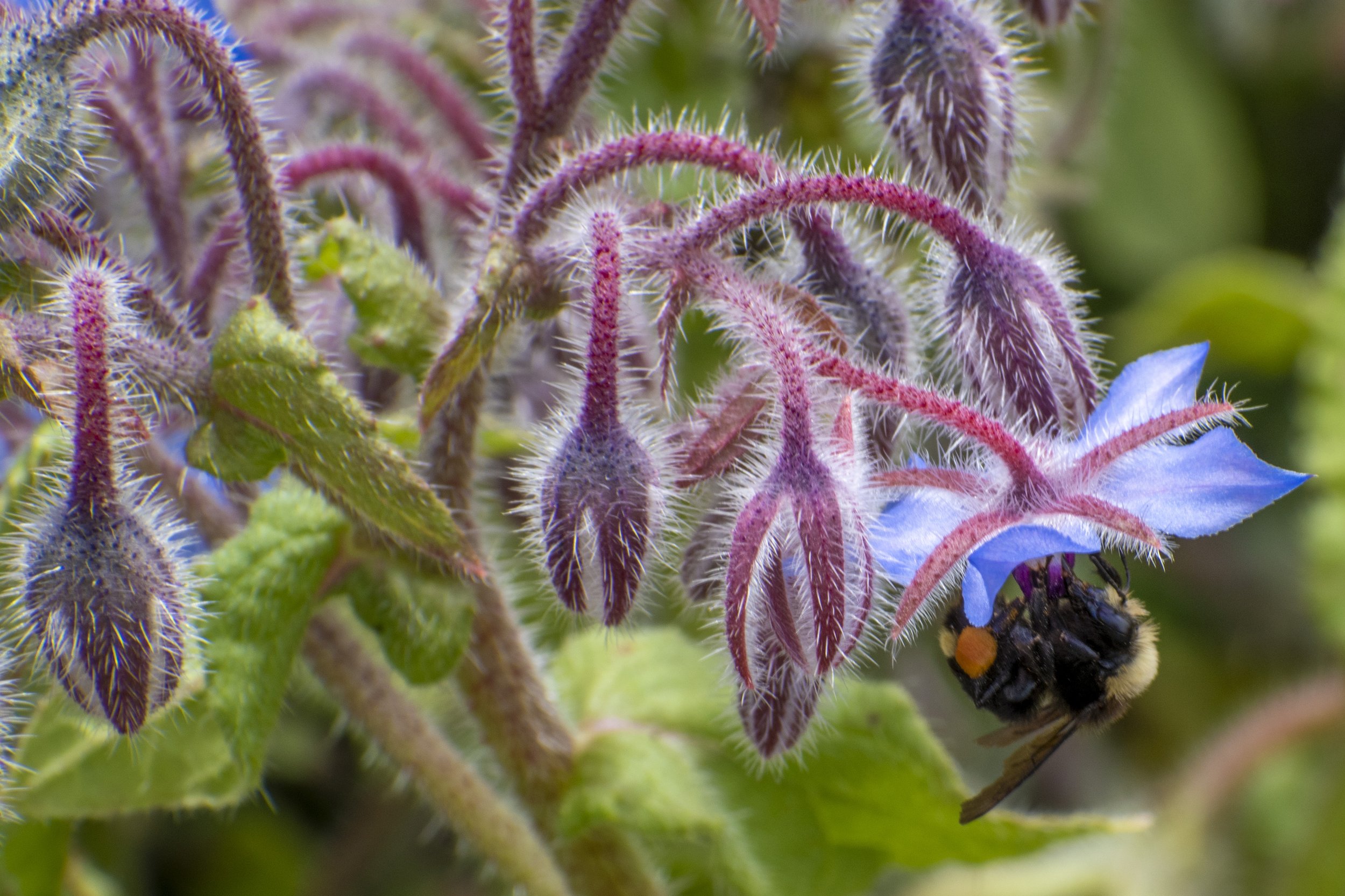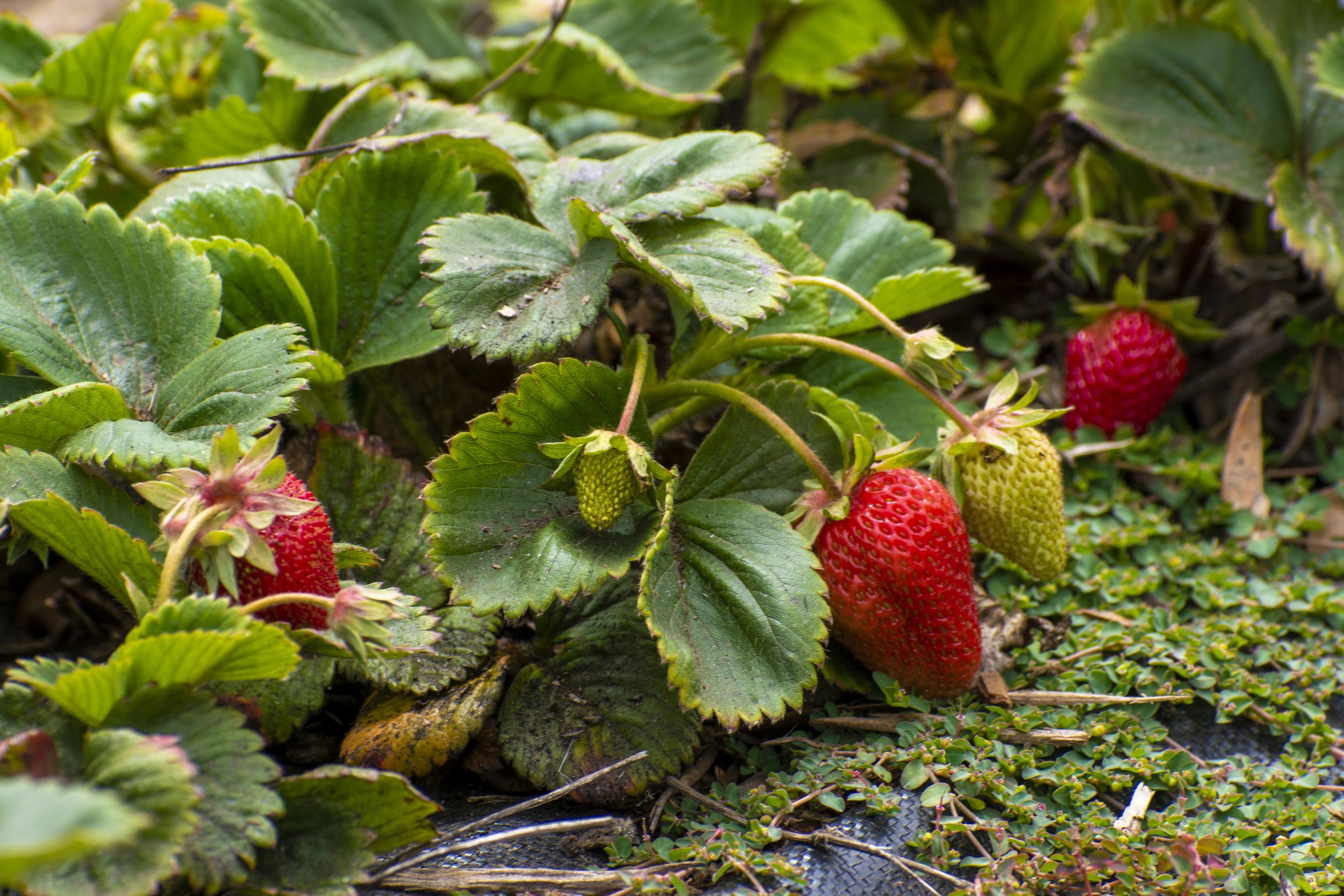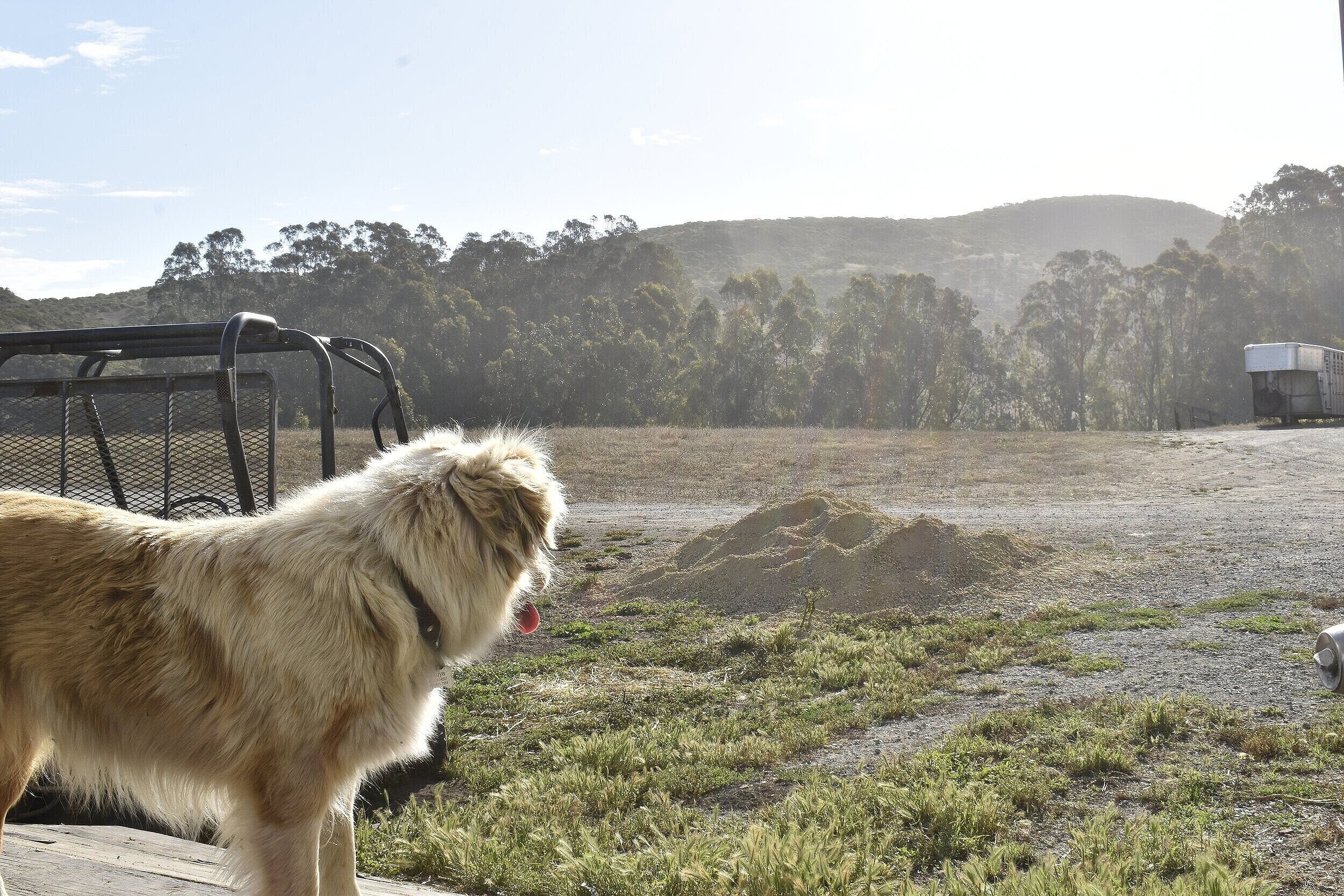
Humankind’s Relationship with Food: Sustainability & Environment
2021 SOLO EXHIBITION
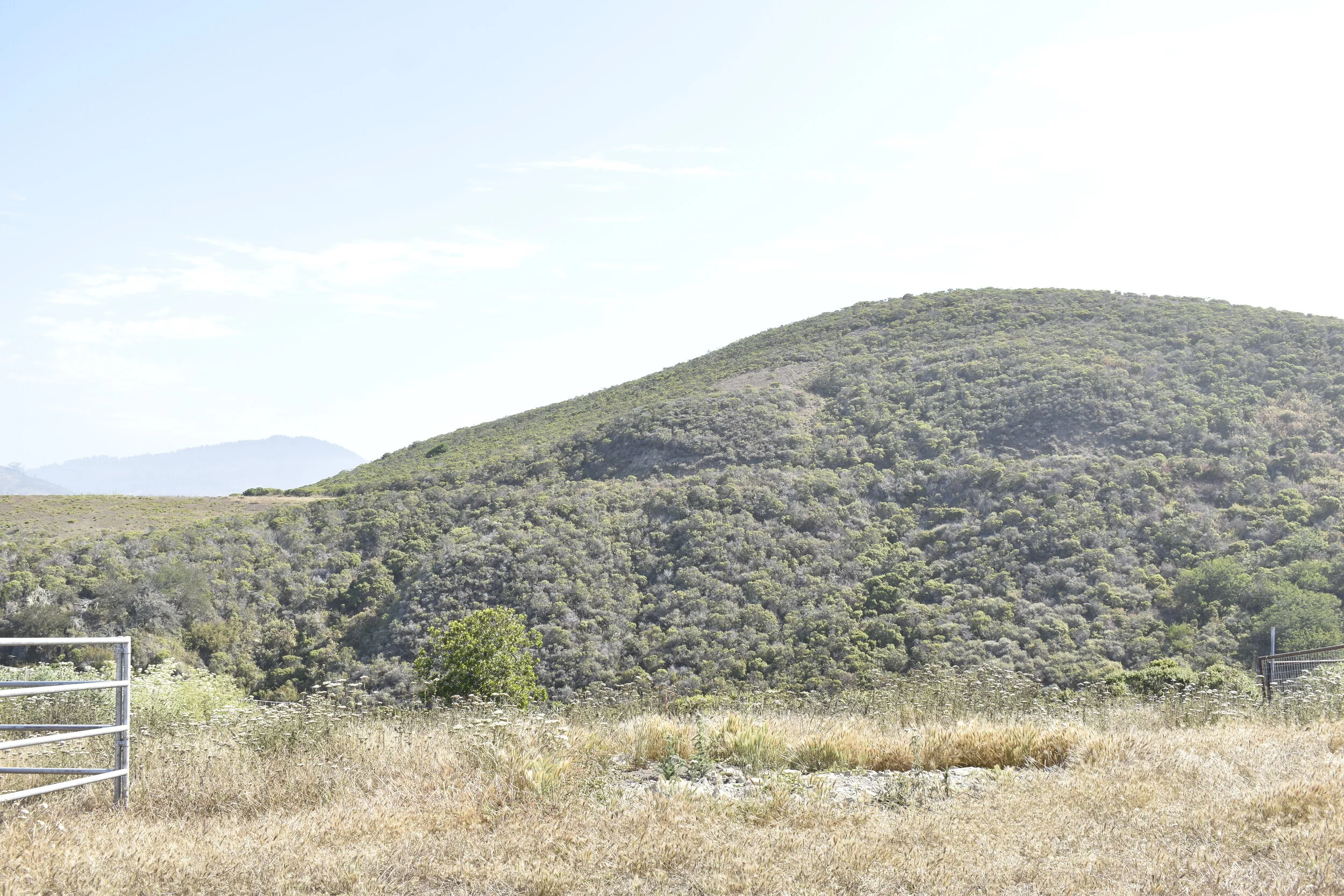
Funded by the McKinnell Memorial Award, this is a series of photographs on sustainable alternatives to traditional agriculture such as regenerative & veganic agriculture and sustainable aquaculture. These different agricultural practices are sustainable and healthier ways to produce food which greatly benefit people and the environment.

Regenerative Agriculture
Regenerative Agriculture involves practices that regenerate the land. This is achieved by mimicking the natural grazing patterns of elk and other herd animals. This is a holistic practice that can be observed in nature (The African Great Plains) and helps with the biodiversity of the land. The meat produced from these animals is antibiotic, pesticide, and chemical fertilizer free. The bovine graze on grass and are rotated to other plots of land to graze so the land can regenerate. Ranchers come and check on the herds daily but unlike in a traditional agriculture theres much less human influence on the bovines diet and overall daily life. This is a healthier practice for both human and bovine. Having more of personal connection with your food and relying less on industrial production means a greater appreciation and more of a understanding of what’s on your plate.


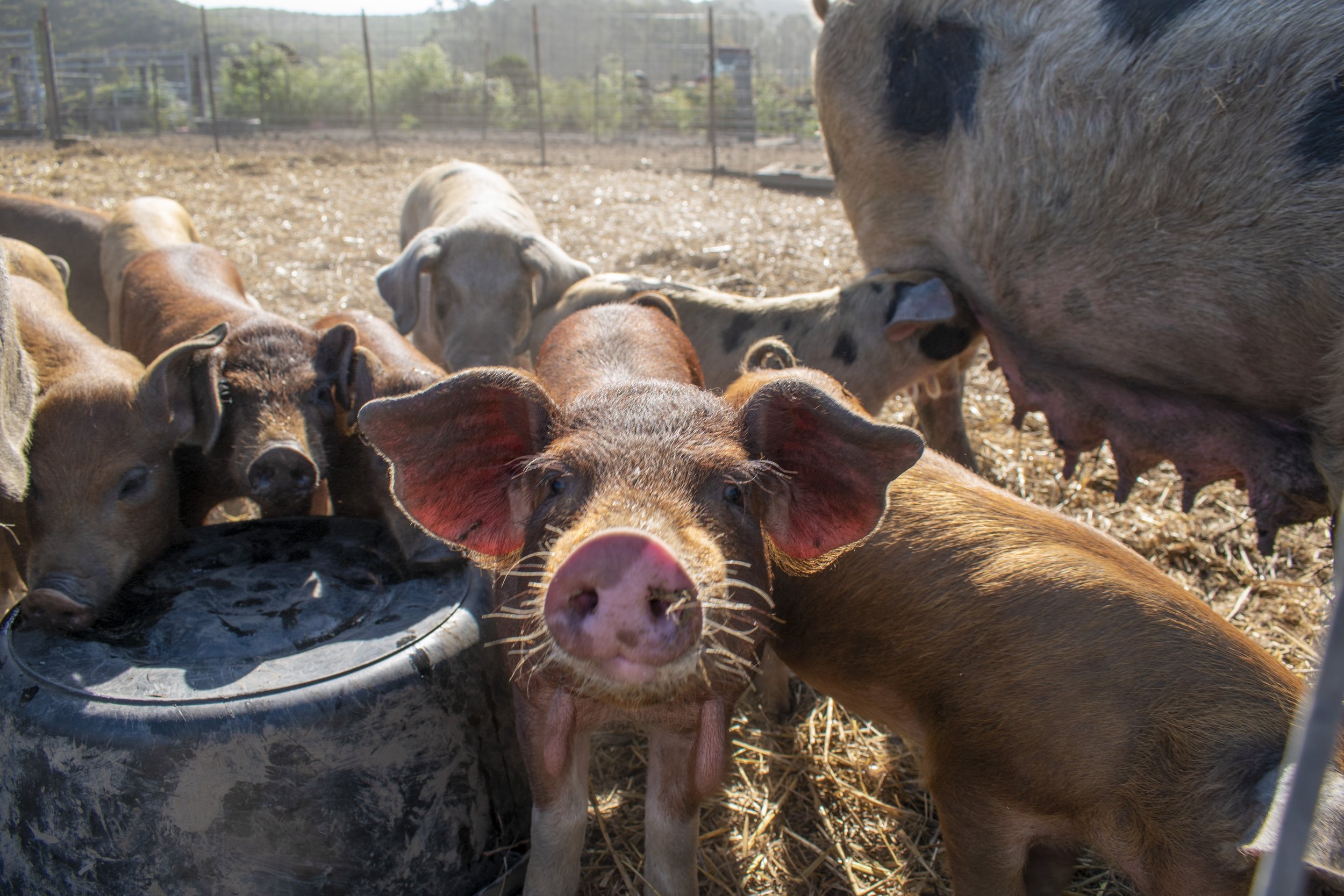
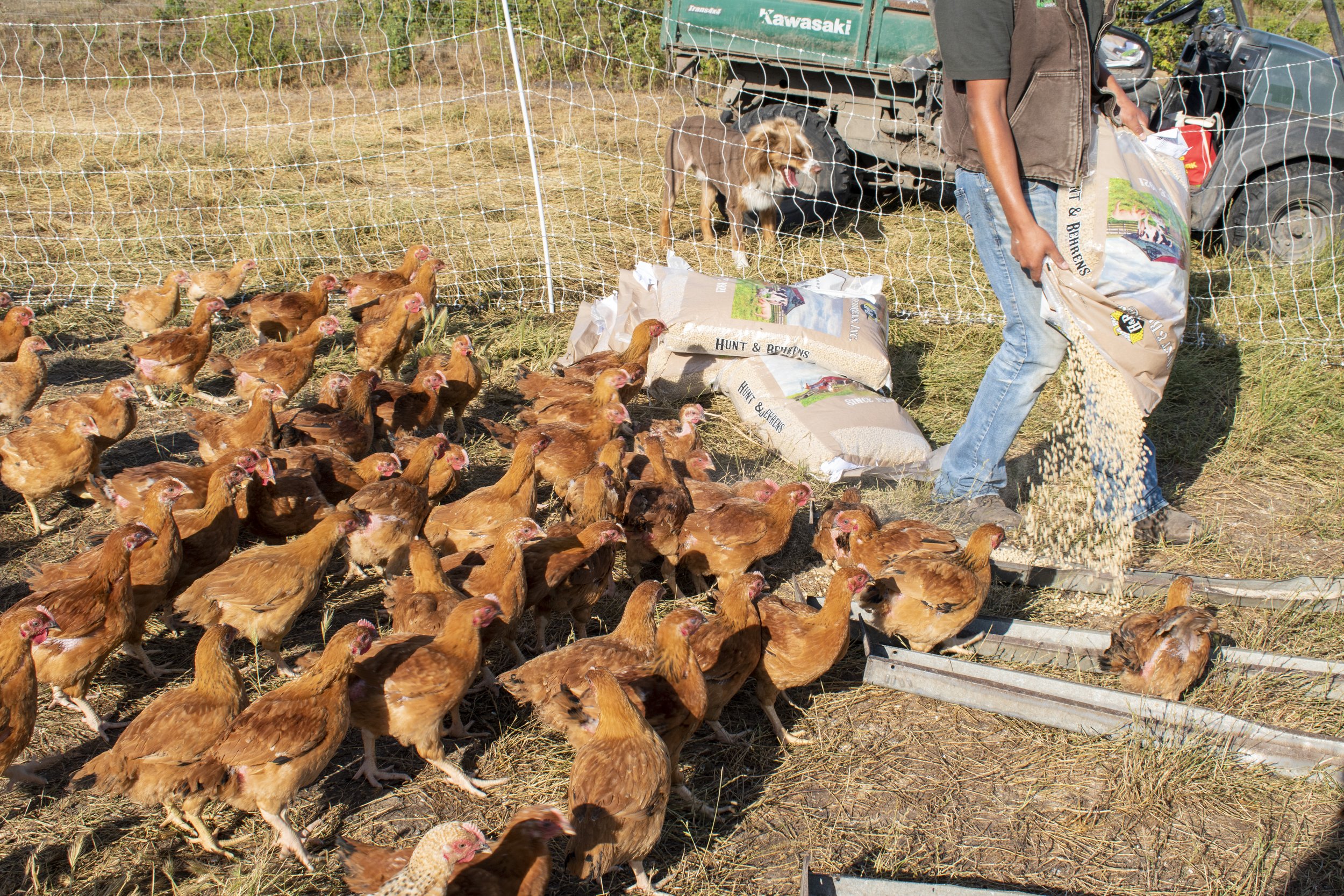


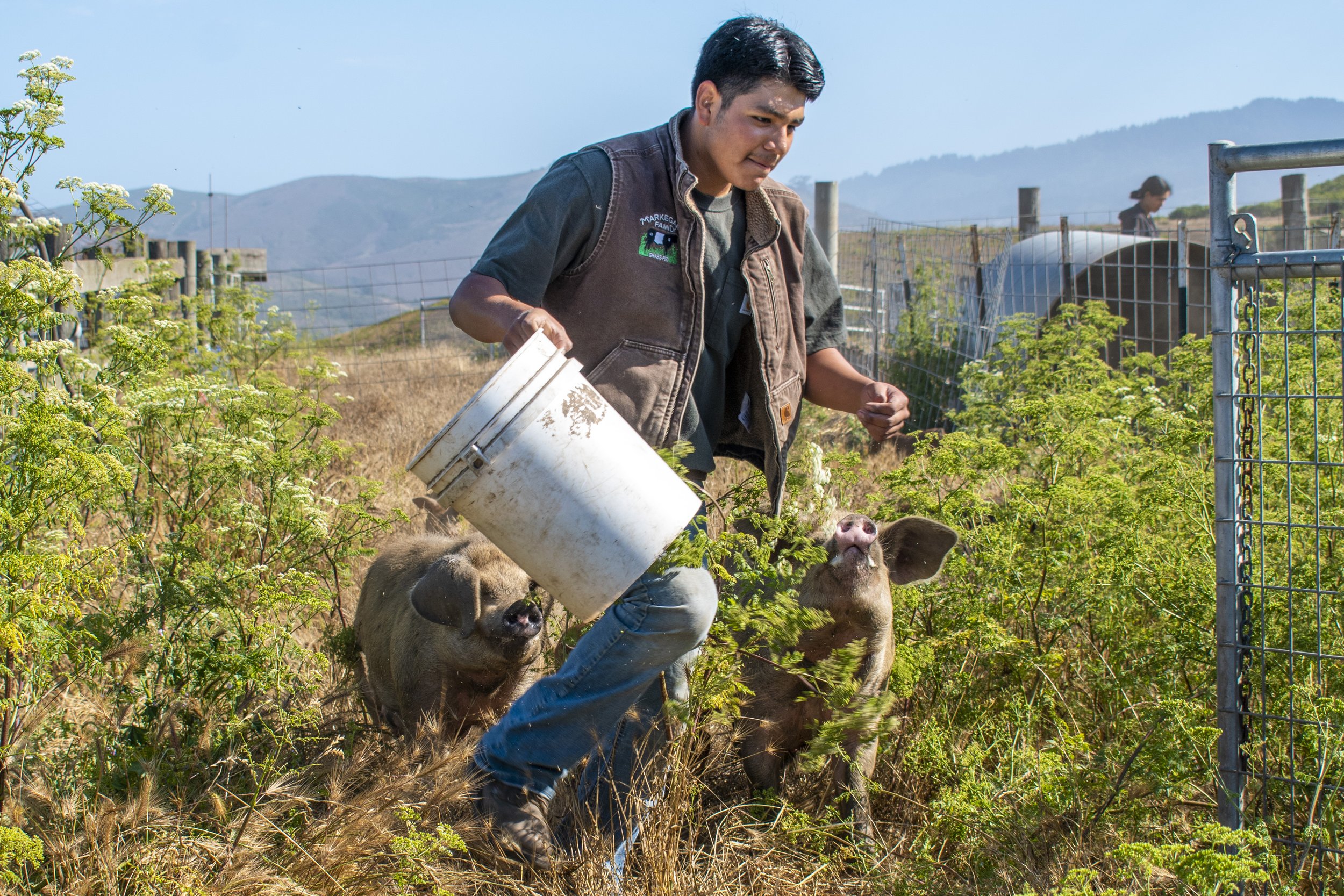
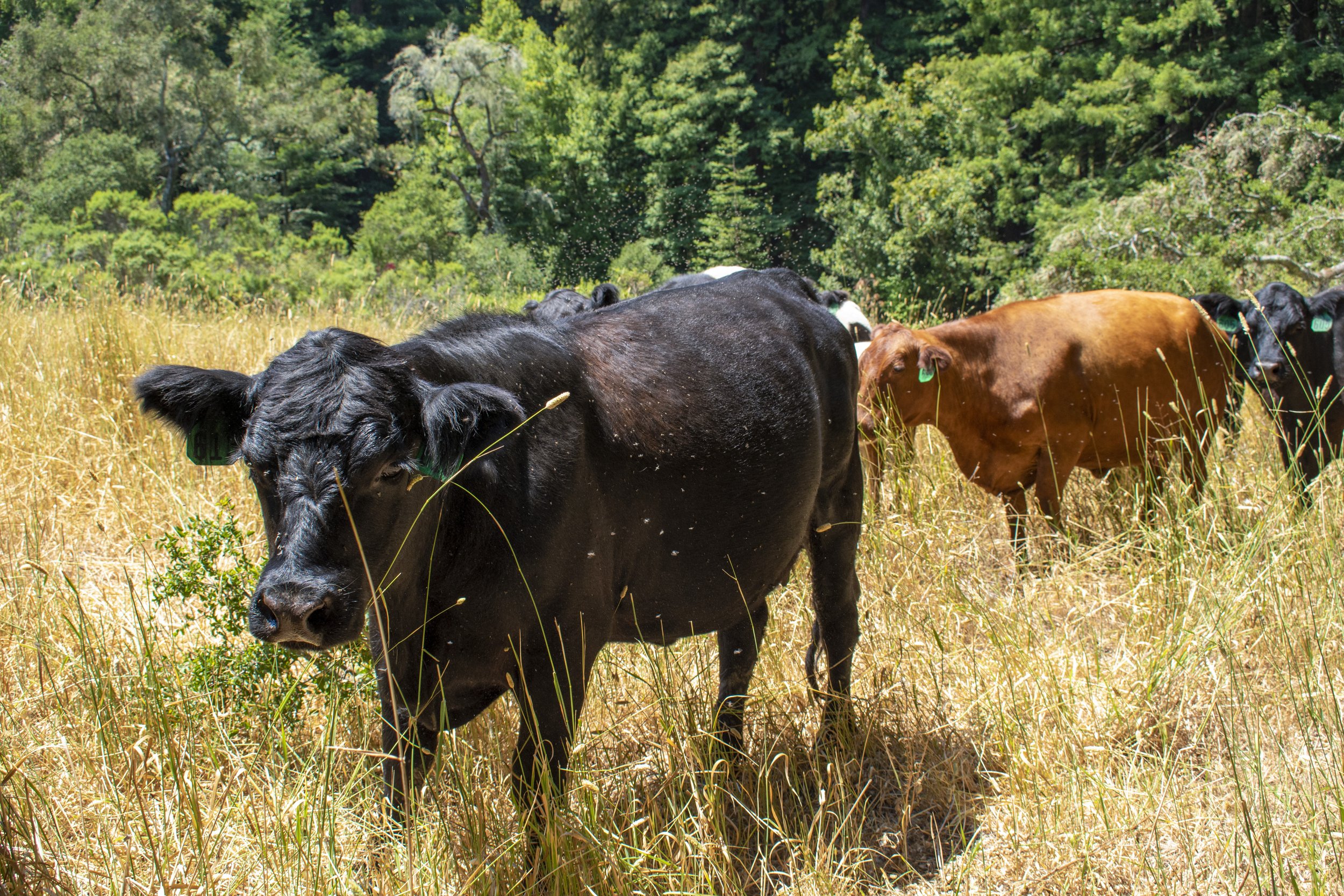
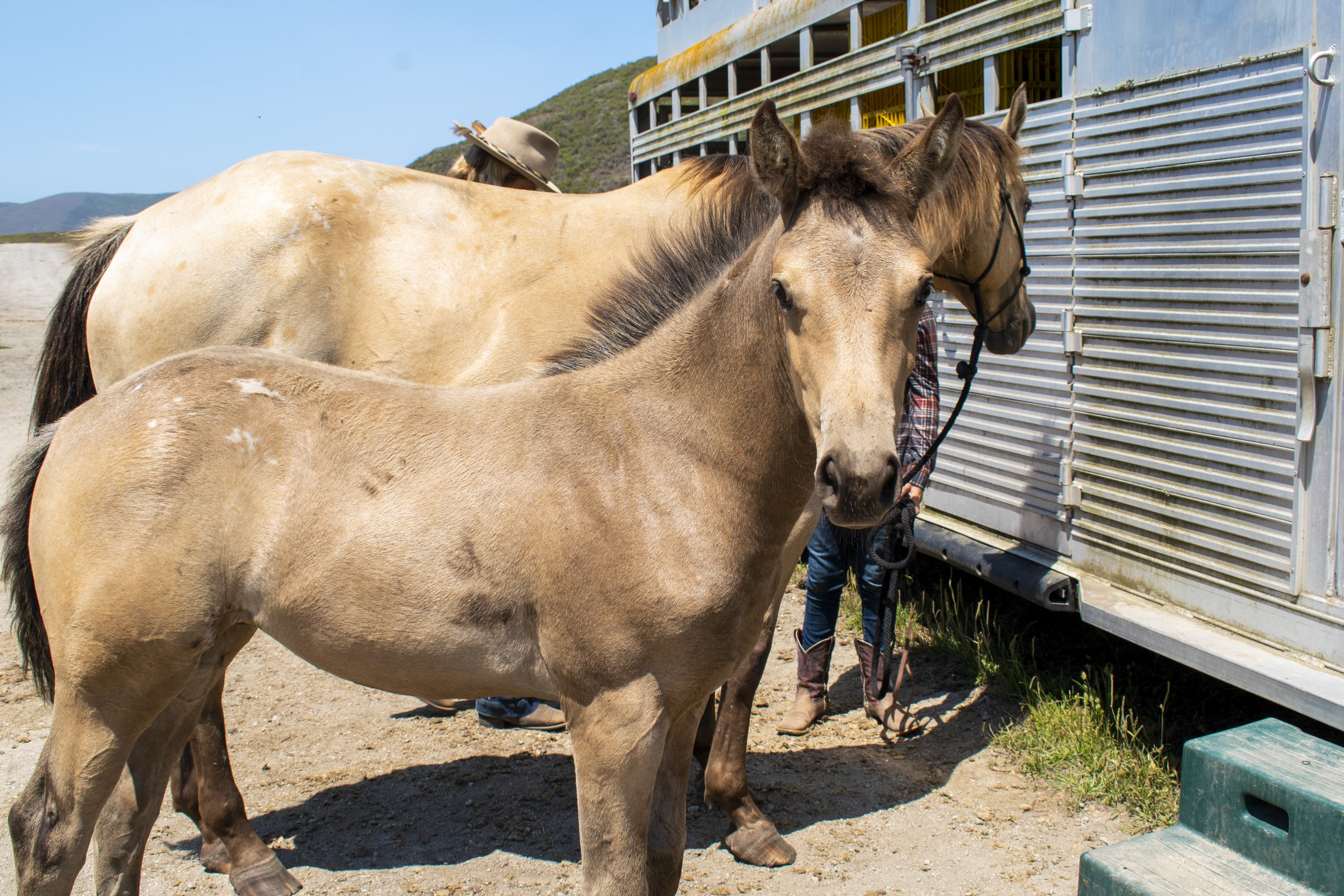

Sustainable Fishing
A quota-based system is used in order to ensure accountability. These fishermen are focused on sustainable change to preserve ocean life by reducing by-catch and working with the Nature Conservancy and other organizations dedicated to ocean health. Fisherman work long days (12+ hour trips) to bring back ethically sourced fish to their local community.



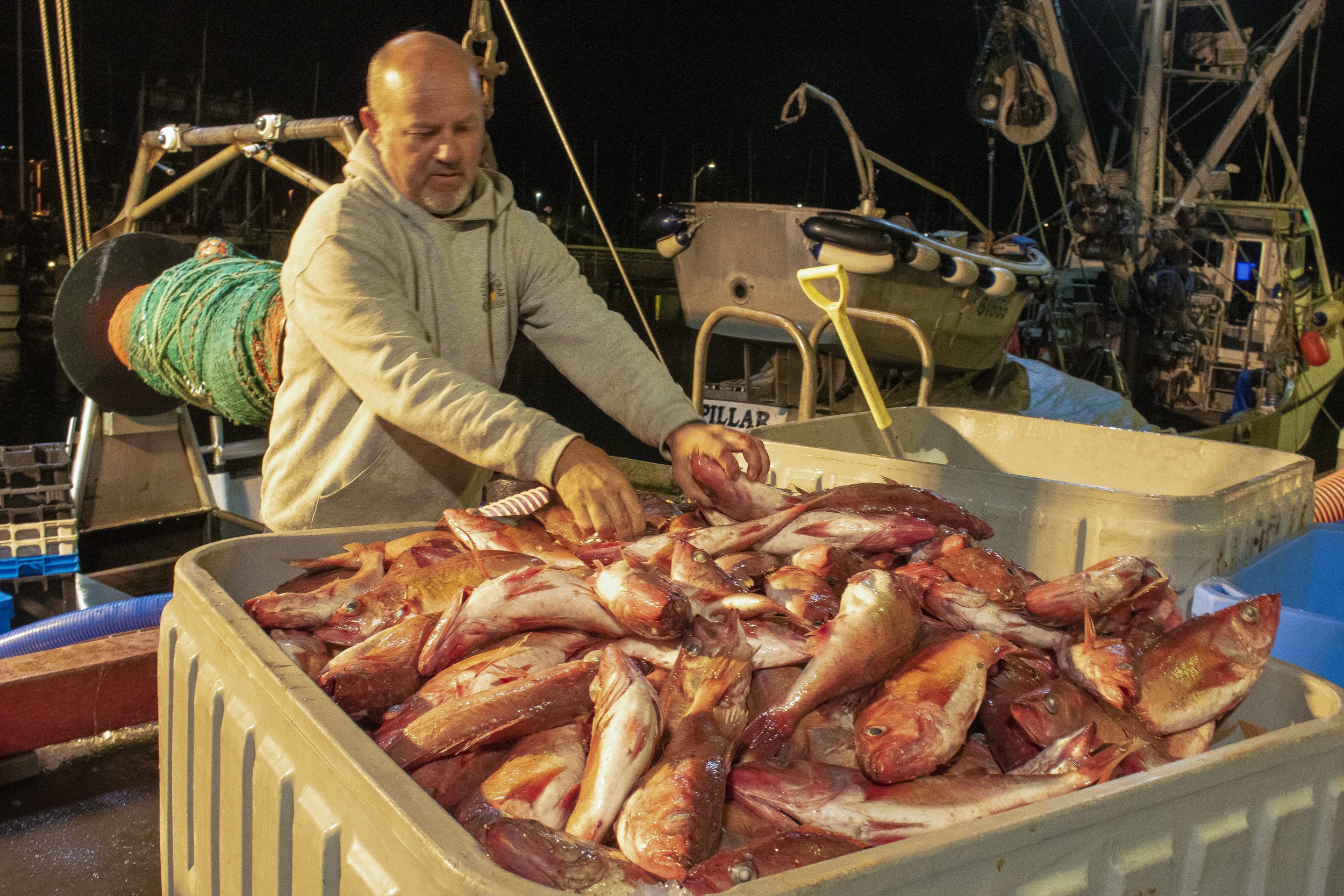

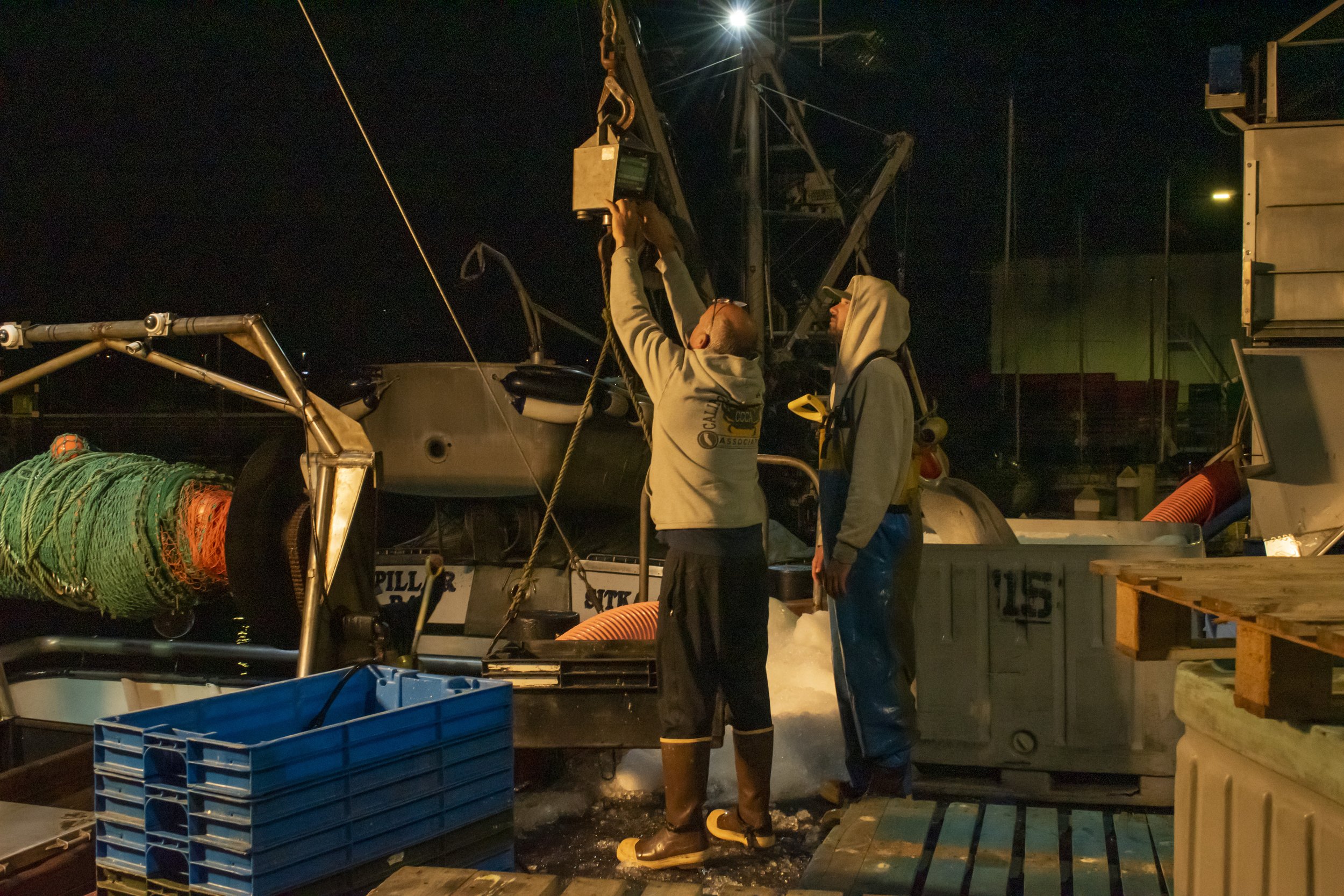
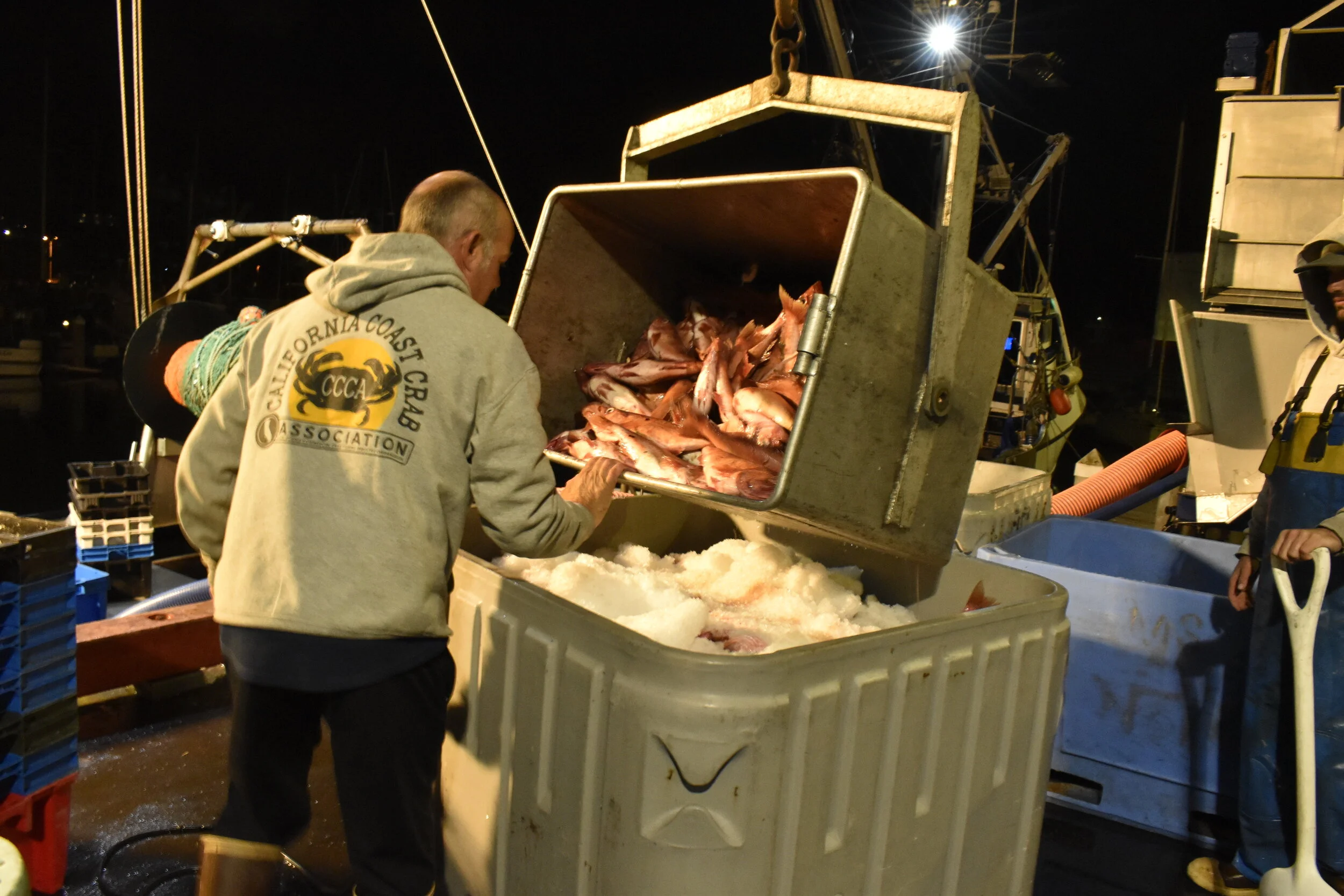

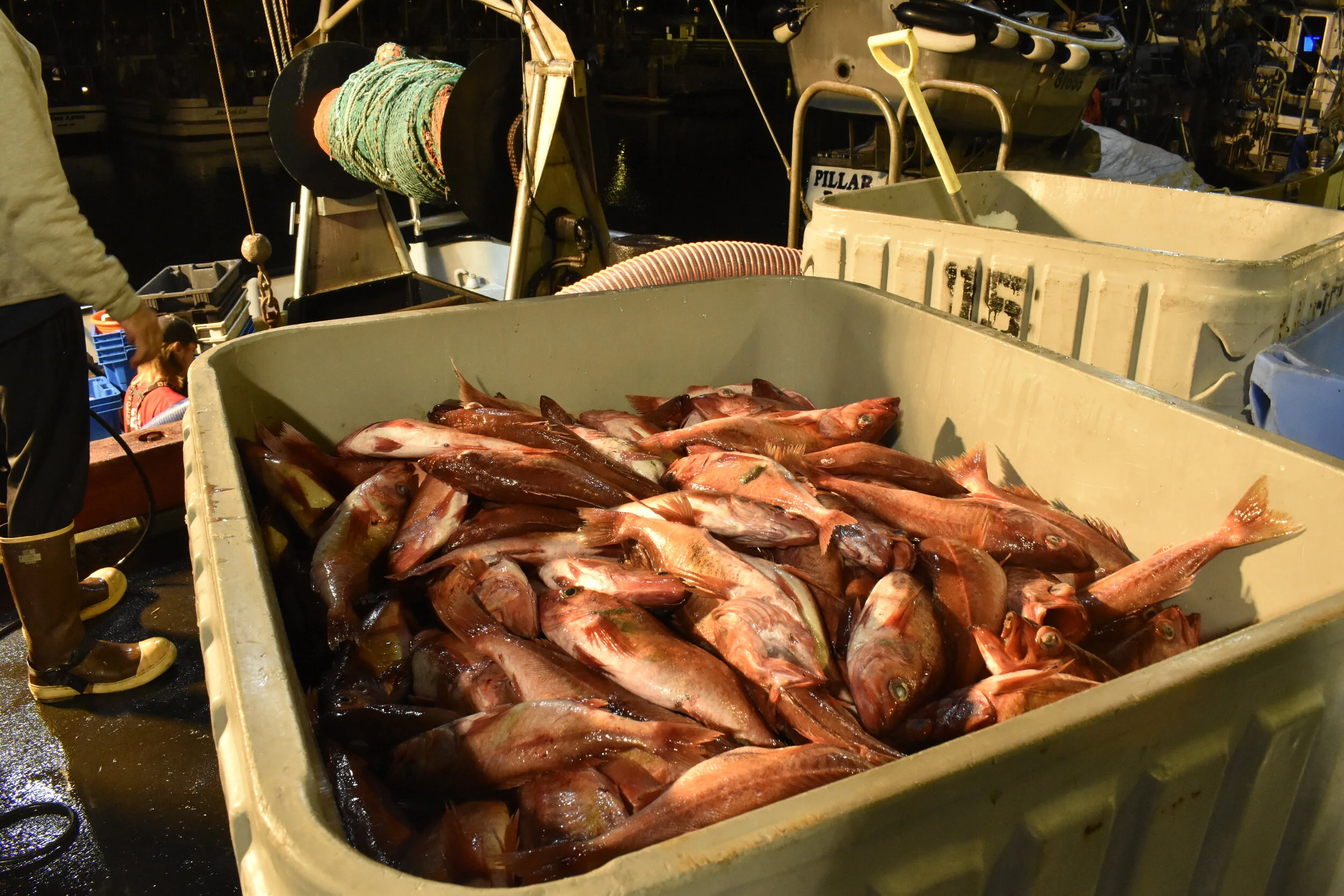
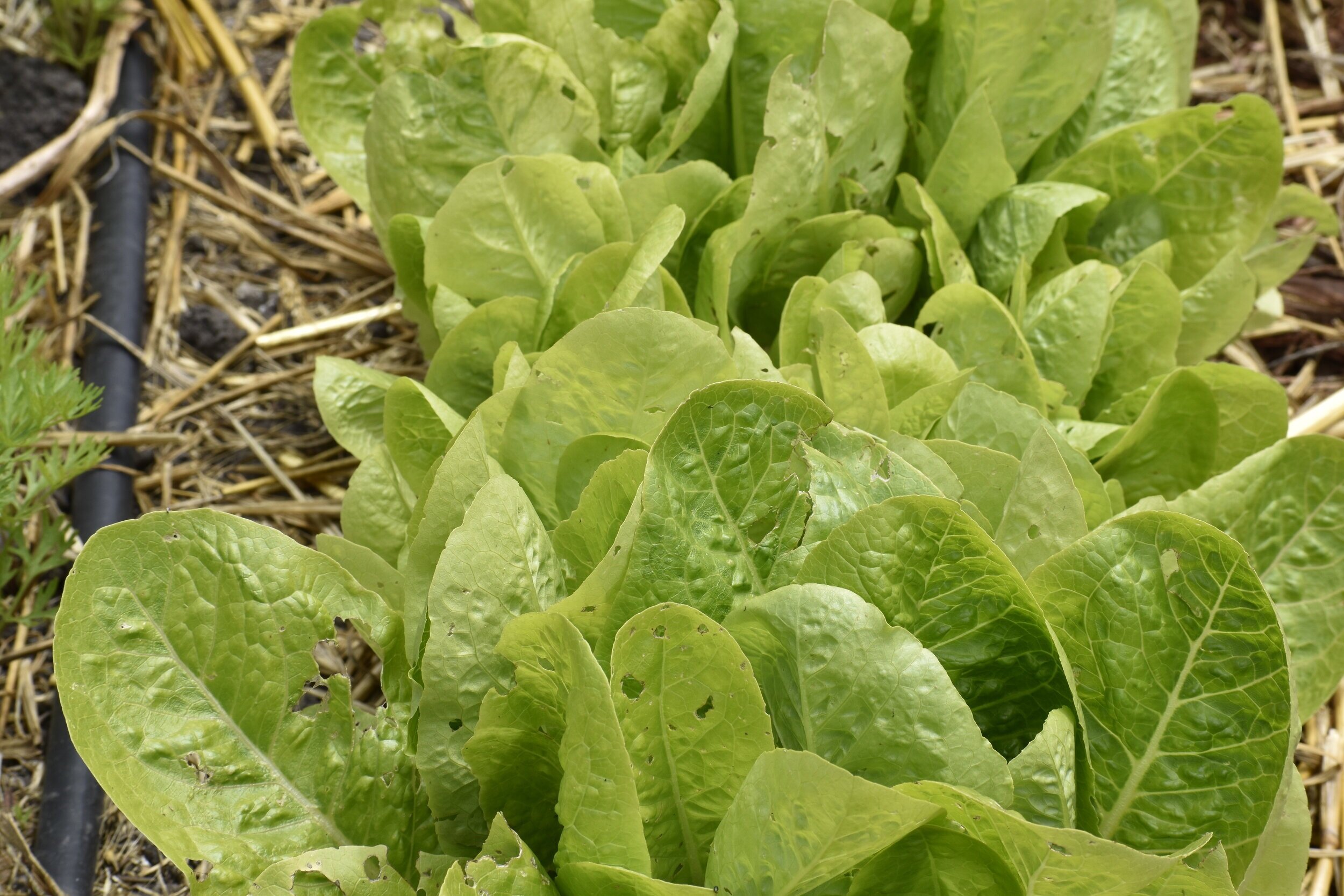
Veganic Agriculture
Veganic agriculture is a relatively new agriculture practice and many are still defining the term. This farm defines it by producing produce completely in a close-loop system. Where in no animal byproduct is used such as animal waste from factory farms so the system is not contributing to the overall suffering of animals in factory farms. This heirloom vegetable farm implements sustainable practices such as no-till meaning less soil erosion and no disruptions in soil structure.

